Now playing: Documentary 'Hal' celebrates life and extraordinary career of filmmaker Hal Ashby9/14/2018
Amy Scott makes directorial debut with film on man behind Being There, Shampoo, Harold and Maude and more
Ask someone to name the greatest American filmmakers of the 1970s and they'll probably say Coppola, Scorsese and Spielberg. Hal Ashby? He may not come up.
But ask people to identify the greatest films of that era and they may well point to Shampoo, Harold and Maude, Coming Home and Being There -- all movies directed by Ashby. He may qualify as the foremost cinematic talent of his time whose name, if not his work, remains relatively little known. He didn't make a brand out of himself, essentially. He wasn't in the spotlight ever.
The new documentary Hal, directed by Amy Scott, could go a long way to elevating Ashby's name to the rank it deserves. The film opens today in Los Angeles, a week after it debuted in New York, and expands to more cities across the U.S. in the coming weeks (details here).
"Hal's films... always stood out to me. They tackled heavy issues and themes but they really had this insight into the human condition that I felt was really unique to him," Scott explained in an interview with Nonfictionfim.com. "I have looked at these films inside and out, held them up to the light."
What Scott discovered when she held Ashby up to the light, as it were, was a man who did not approach filmmaking as an auteur, and who eschewed a high public profile.
"He didn't make a brand out of himself, essentially. He wasn't in the spotlight ever. He hardly ever did any kind of TV, film-type interviews, which made it really hard for me to make a film about a guy that wasn't in front of the camera that often. He shied away from that," Scott noted. "The films, each had a life of their own and they were not stylized in this sort of branded Ashby way." As the director explores in her film, Ashby was born in Utah, experienced a turbulent youth, made his way to California, and eventually found work as an assistant film editor. He bonded with a young Norman Jewison and got his first big break editing Jewison's 1967 classic, In the Heat of the Night. In 1970 he directed his first film, The Landlord, starring Beau Bridges, Lee Grant and Louis Gossett Jr., the kickoff to an astonishing streak of profound movies that both defined and shaped American culture in that decade: Harold and Maude (1971) starring Bud Cort and Ruth Gordon; The Last Detail (1973) starring Jack Nicholson; Shampoo (1975) starring Warren Beatty; Bound for Glory (1976) starring David Carradine; Coming Home (1978) starring Jane Fonda, Jon Voight and Bruce Dern, and Being There (1979) starring Peter Sellers and Shirley MacLaine. "The thing about Hal, each one of those films there is connective tissue between them or there might be a thematic similarity but each film is its own weird little film," Scott observed. "The Landlord, the storytelling and the way it's cut is drastically different from The Last Detail and then Bound For Glory is completely different from Harold and Maude."
Ashby in the 1970s was a long-haired, pot-smoking iconoclast -- traits in perfect keeping with the zeitgeist, but not a personality who was likely to respond well to studio authority figures. Hal contains pointed missives he dispatched to film execs, and hilarious letters in which he vented about the movie business to his friends (which he generally signed, with possible irony, "Much peace and love, Hal").
Actor Ben Foster supplies the voice of Ashby in the documentary. One example of a letter to his buddy Jewison: This will most certainly not be a memo of any sort. It will be closer to the ramblings of a very, very, angry Young Punk.
"Ben knows what he's doing. I knew he would have the sensibility to pull off that kind of clever inner rage that Hal expresses in his letters. We don't even show a tenth of the funny, ridiculous memos that he fired off to studio heads. So we packaged them up and sent them over to Ben and he read every one of them and called and was like, 'I got it. I know this guy. I am this guy. I got it. I got it.' And so that was it," Scott recalled. "It was pretty minimal direction because [Ben] knew exactly -- I think he's had similar experiences."
Along with Foster, the director assembled a remarkable array of Ashby friends and colleagues to appear in the film, including Jewison, Jane Fonda, Lee Grant, Gossett Jr., brothers Beau and Jeff Bridges, directors Judd Apatow, Lisa Cholodenko, Adam McKay, David O. Russell, Alexander Payne, Jeff Wexler and his father, the late Haskell Wexler, screenwriter Robert Towne (Shampoo) and singer/songwriter Yusuf Islam (who supplied songs for Harold and Maude, back when he was known as Cat Stevens).
Inevitably, there were a few Hal associates that got away. "We wanted to get Bud Cort. That goes without saying. It was tragic that we couldn't make it happen for whatever reason. Sometimes you just don't get like the big fish and he was definitely at the top of the list," Scott lamented. "I tried for years to get Warren Beatty... I hope he sees the film. I think he'd enjoy it. That was his friend. That was hard. We were in talks with Quincy Joneses' people for four years. If you can't make it happen after four years I think it's just not meant to be. That was too bad because they were really good friends."
Another star that did say yes to Scott was Jon Voight, who won an Academy Award for his indelible performance in Coming Home as injured Vietnam Vet Luke Martin. The actor, who has become known in recent years for his outspoken conservative viewpoints, recalled Ashby with great affection.
"To be quite honest I was a little terrified of where the interview [with Voight] might go because I don't agree with his politics, but it doesn't matter. He was one of our best, most generous, loving, giving interviews," the director remembered. "He stayed with us all day, he made us laugh and cry. I walked away from that thinking, you know, we're not so different these two sides and you can sit down and have a really great, thoughtful conversation with someone that you completely disagree with on a number of issues. But we weren't talking about issues. We were talking about his friend and it was a delightful conversation. I'm really glad that we brought him into the fold. It's a better film for it." As a veteran editor herself, Scott identified with Ashby. But not having directed a film herself before Hal, it took some convincing to get the project greenlit with her at the helm. The timing wasn't ideal for Scott in other respects. "I was pregnant with my first child, really pregnant, like 'gonna give birth next month' pregnant. It was really funny like trying to strut into the offices of his estate in my pregnant state, even though I had never done anything like that before, that I was the person, that I was going to be the one to do it. It was a really hard sell," she acknowledged. "It was at the wrong time in my life to take this on. The absolutely worst possible time but it didn't matter. I mean, we had to do it. We just had to do it."
Hal follows the trajectory of the filmmaker's career, from its heights in the 70s to its nadir in the 80s when perhaps his best known film was The Slugger's Wife, not exactly a rival in quality to what Ashby had made before. Continued battles with studio chieftains had left him on the outs and drug use had not increased his dependability. Pancreatic cancer would take his life in 1988, at the age of 59.
Scott's documentary premiered at Sundance in January and has gone on to play a number of other festivals including Traverse City, Edinburgh and Montclair. The director says she's been pleased with the audience response so far. "It's getting a really warm reception. There's entry points into the film, whether you're an Ashby film fanatic or casual viewer or just a film student or young person," Scott commented. "I think what [students] got out of it was an appreciation and a love of the craft of filmmaking. It was exciting and really inspiring to reach this young audience of kids that had never seen his films before... I've done my job. My work here is done. Take it away, young people."
|
AuthorMatthew Carey is a documentary filmmaker and journalist. His work has appeared on Deadline.com, CNN, CNN.com, TheWrap.com, NBCNews.com and in Documentary magazine. |
- Home
- News
- Videos
-
Galleries
- 2019 Tribeca Film Festival
- Full Frame Documentary Film Festival
- 2019 SXSW Film Festival
- SXSW 2018 Gallery
- 2019 Sundance Film Festival
- Outfest 2018 Photo Gallery
- Outfest 2017
- Sundance 2018 Photos
- 2017 LA Film Festival
- 2017 Cannes Film Festival
- Tribeca Film Festival 2017
- SXSW 2017 Gallery
- 2017 Berlin Film Festival
- Sundance 2017 Gallery
- 2016 Los Angeles Film Festival
- Cannes Film Festival 2016
- SXSW 2016 Gallery
- Berlinale 2016 Gallery
- Sundance 2016 Gallery
- Filmmaker Gallery
- About
- Contact
Proudly powered by Weebly
- Home
- News
- Videos
-
Galleries
- 2019 Tribeca Film Festival
- Full Frame Documentary Film Festival
- 2019 SXSW Film Festival
- SXSW 2018 Gallery
- 2019 Sundance Film Festival
- Outfest 2018 Photo Gallery
- Outfest 2017
- Sundance 2018 Photos
- 2017 LA Film Festival
- 2017 Cannes Film Festival
- Tribeca Film Festival 2017
- SXSW 2017 Gallery
- 2017 Berlin Film Festival
- Sundance 2017 Gallery
- 2016 Los Angeles Film Festival
- Cannes Film Festival 2016
- SXSW 2016 Gallery
- Berlinale 2016 Gallery
- Sundance 2016 Gallery
- Filmmaker Gallery
- About
- Contact

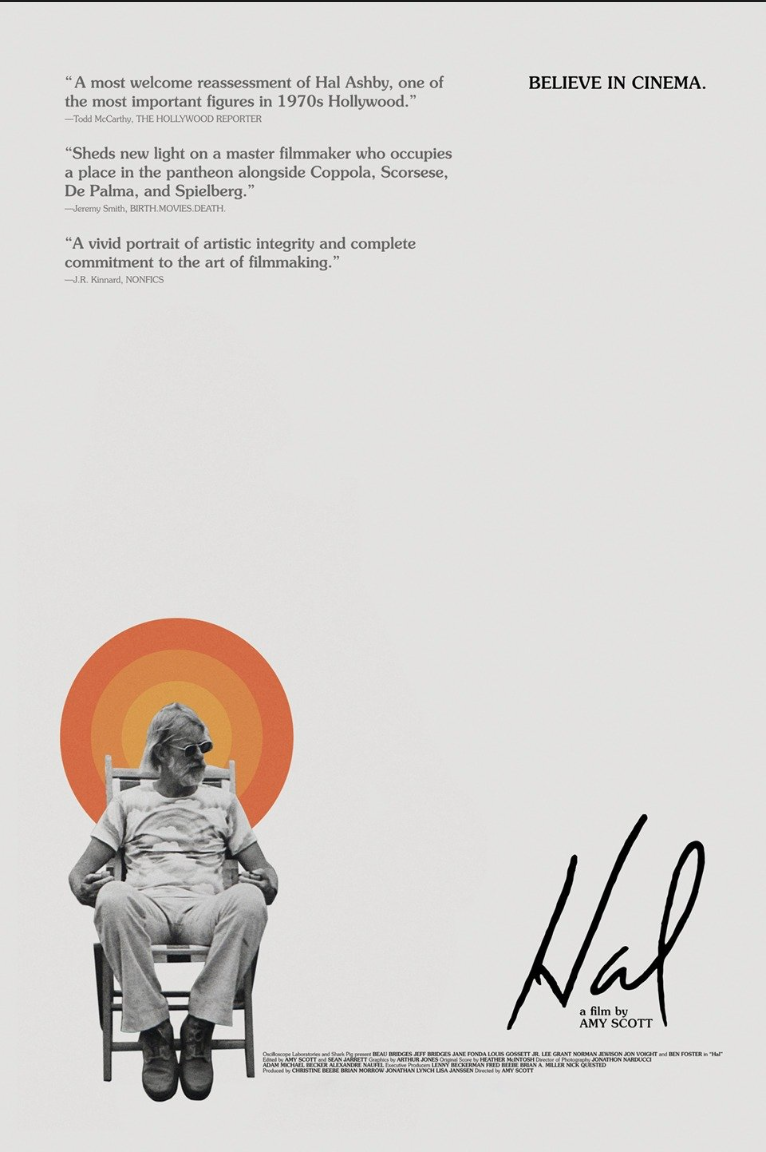
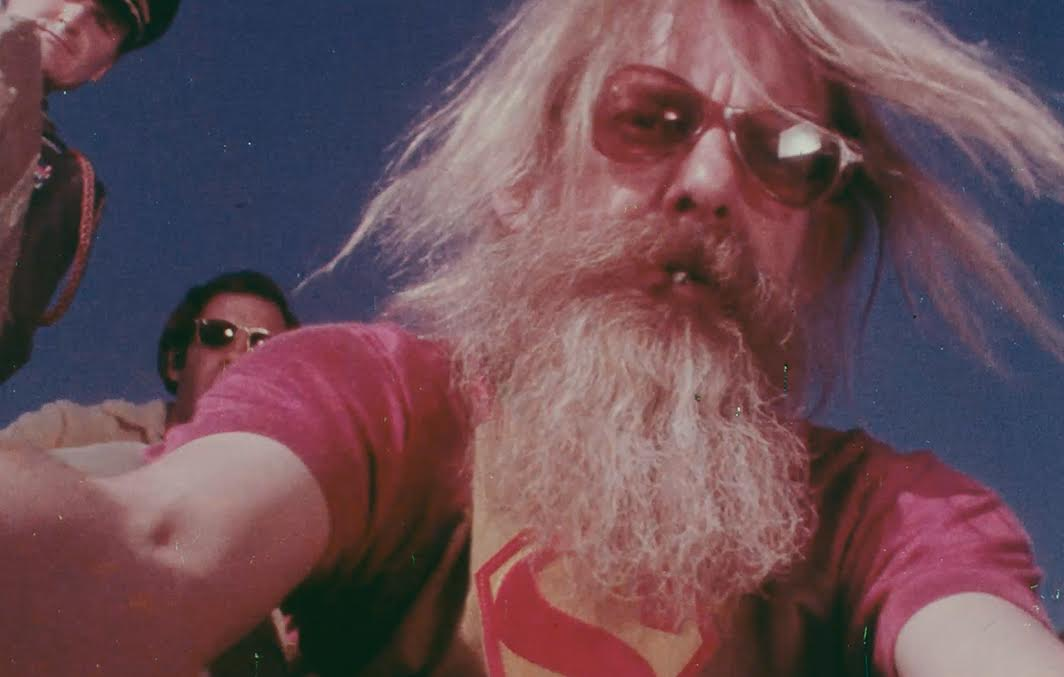
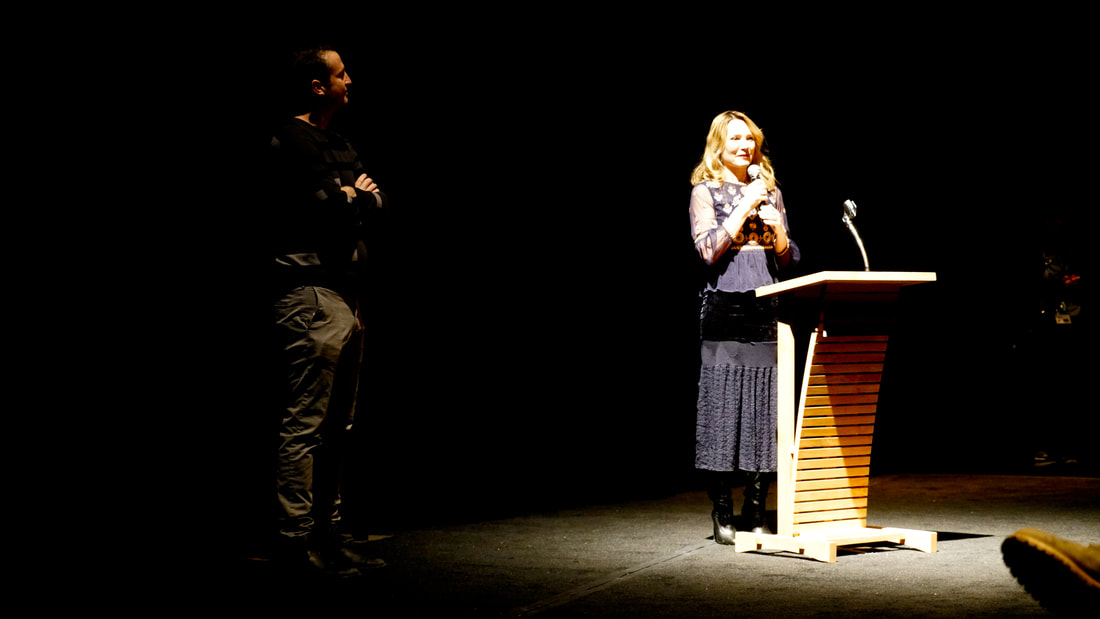
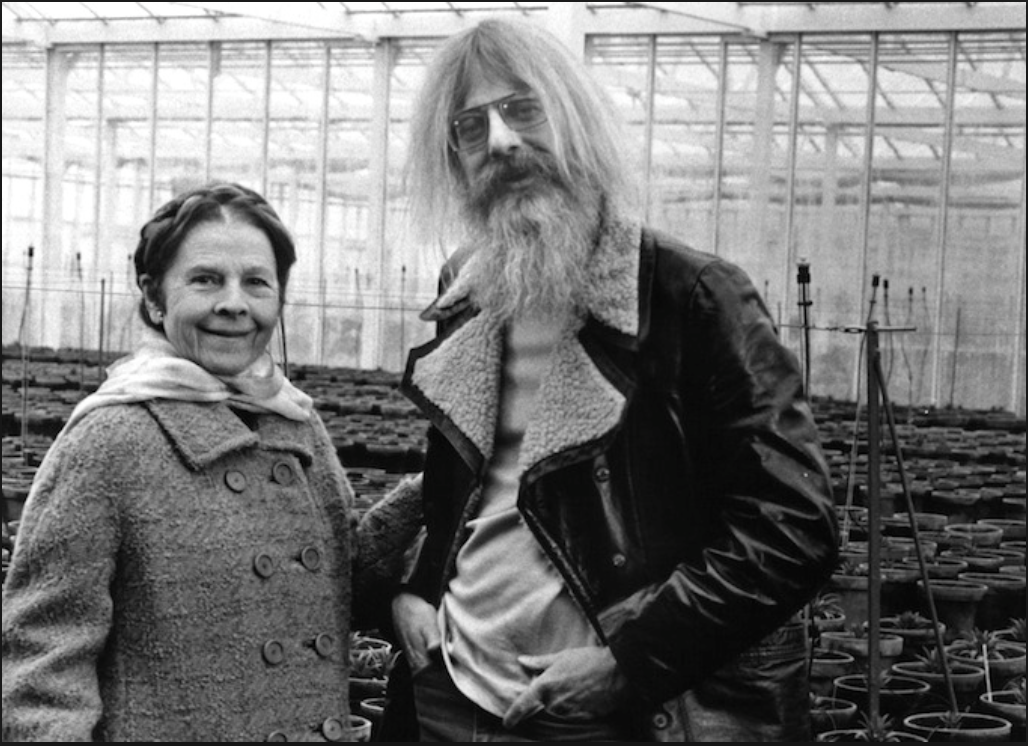
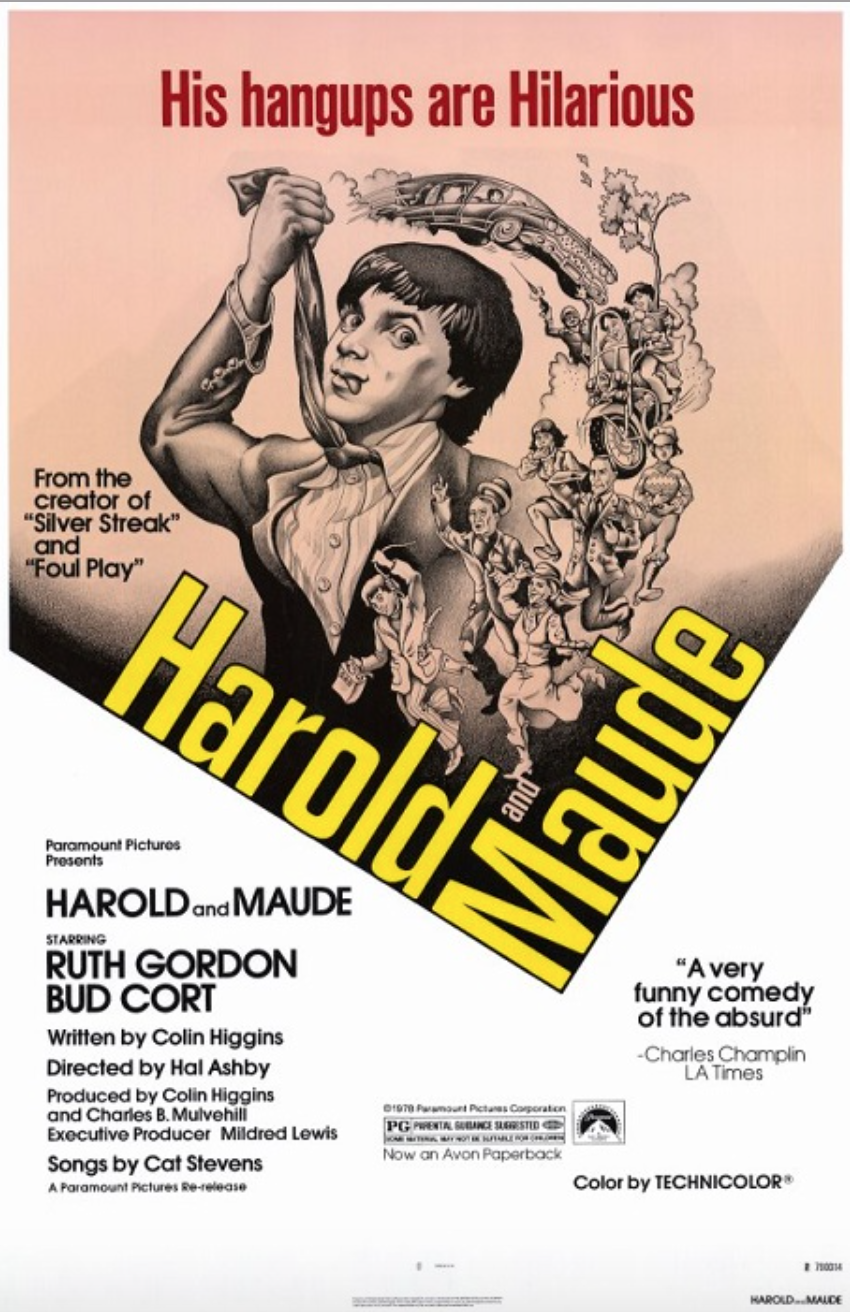
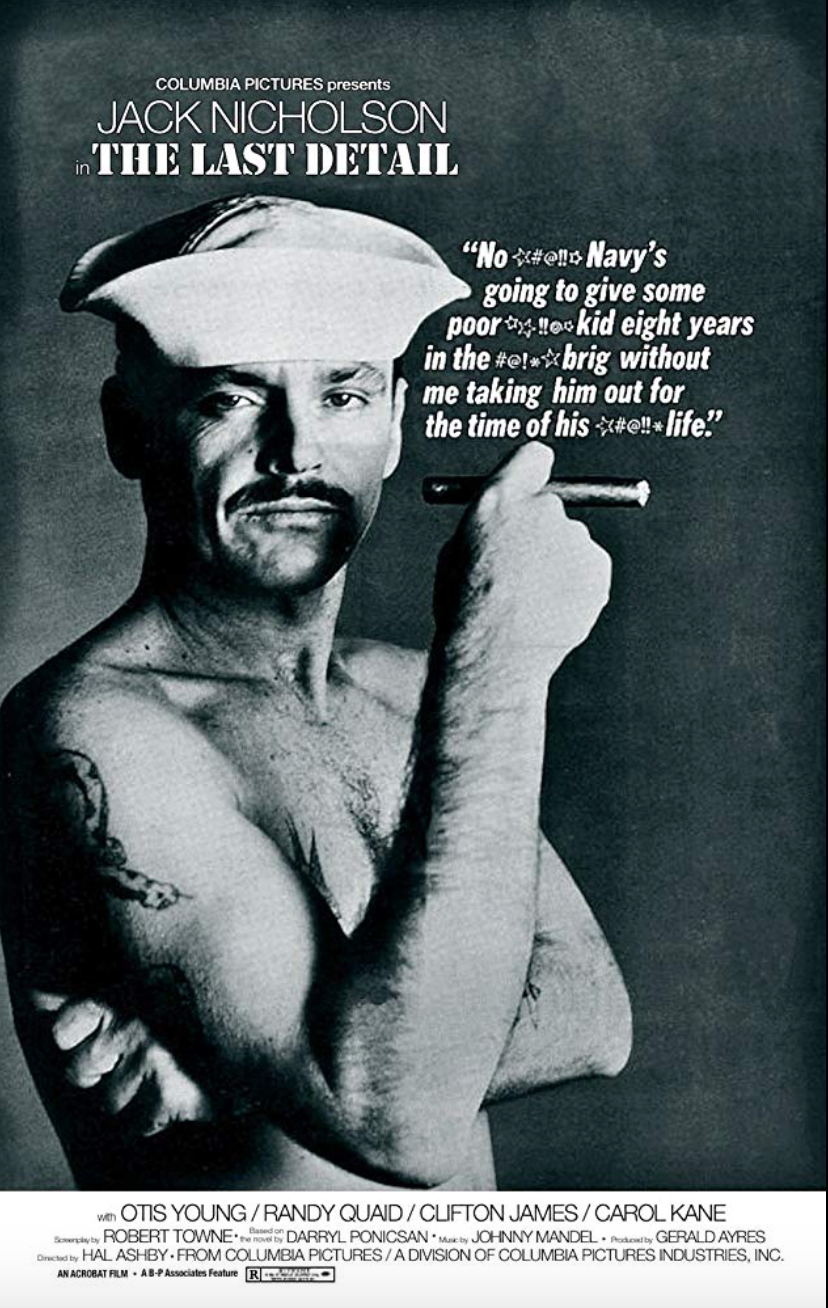
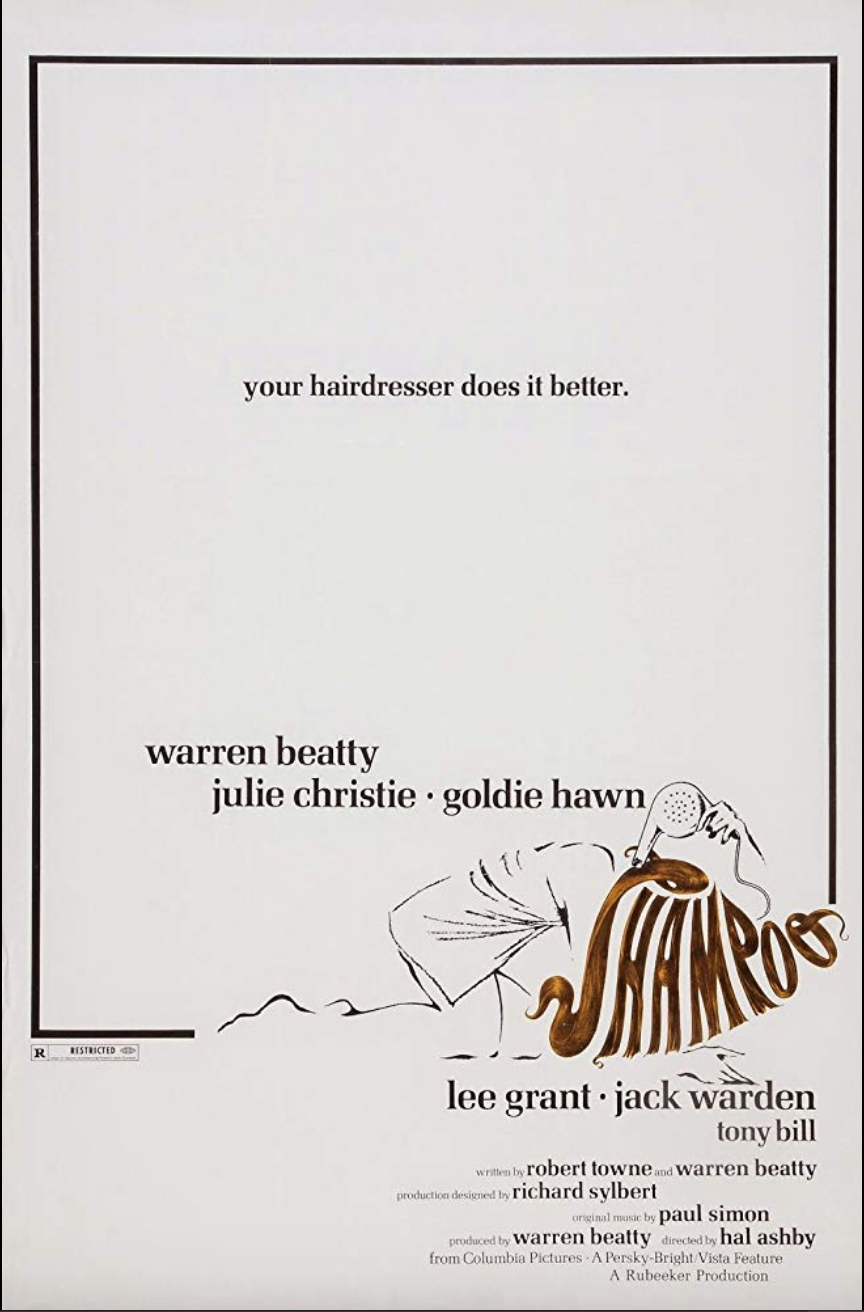
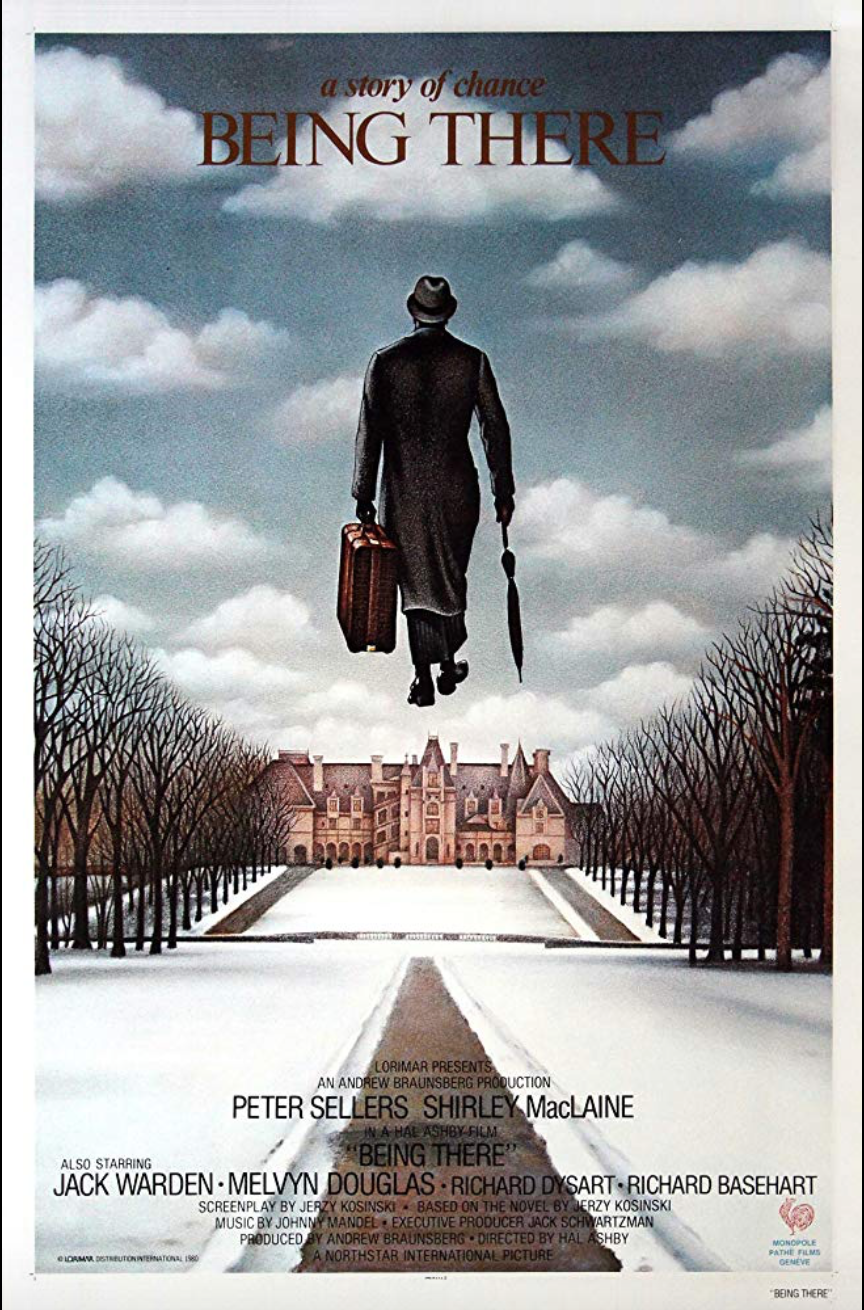
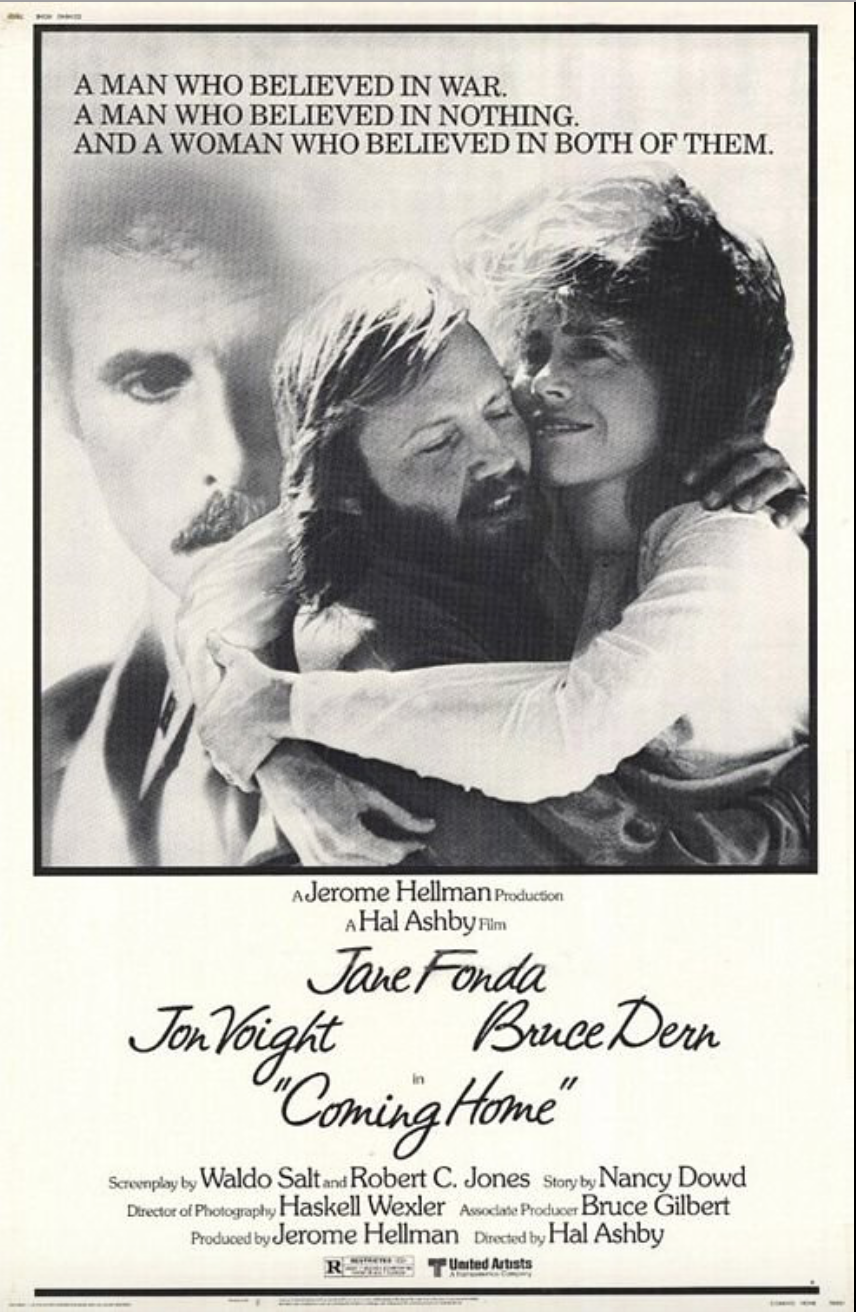
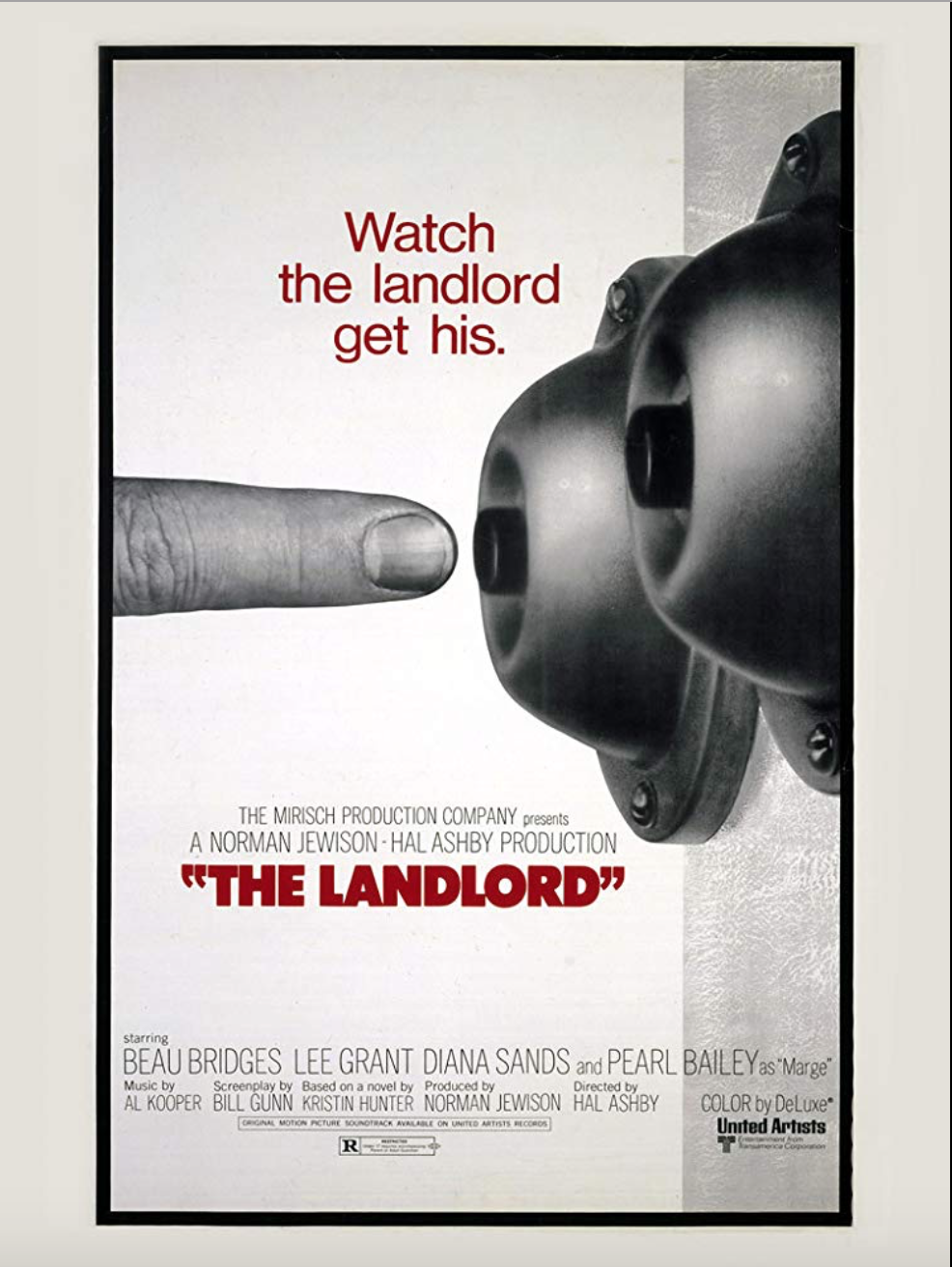
 RSS Feed
RSS Feed